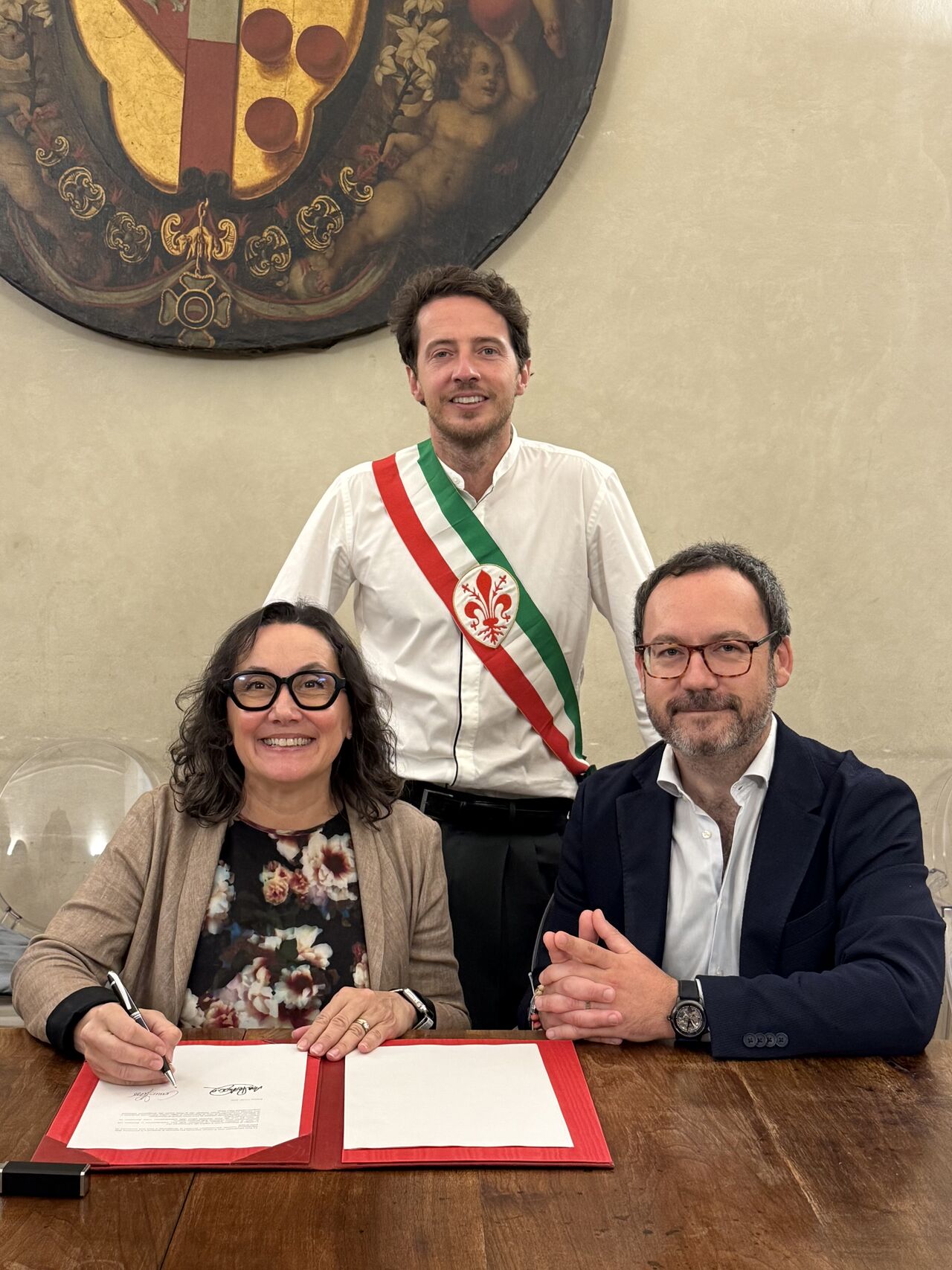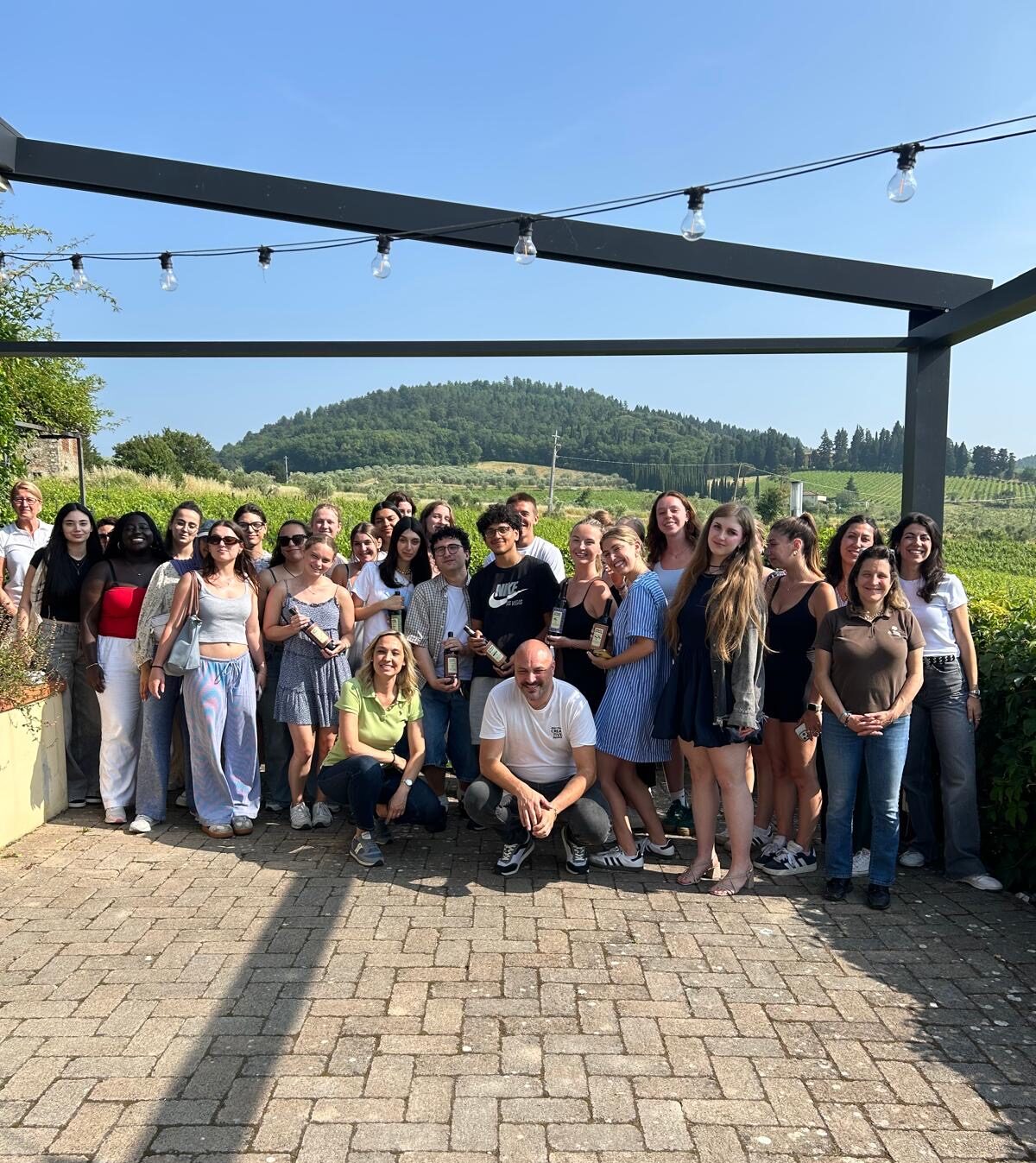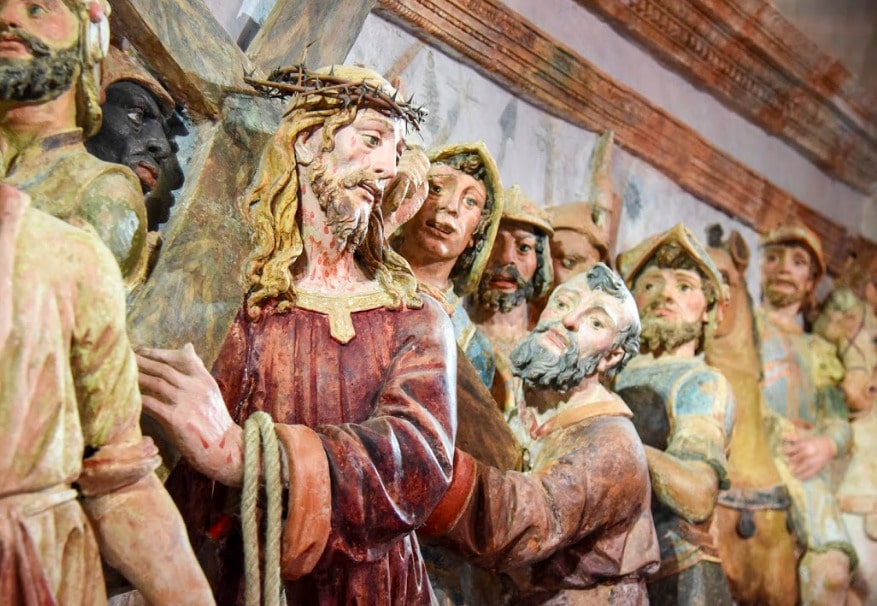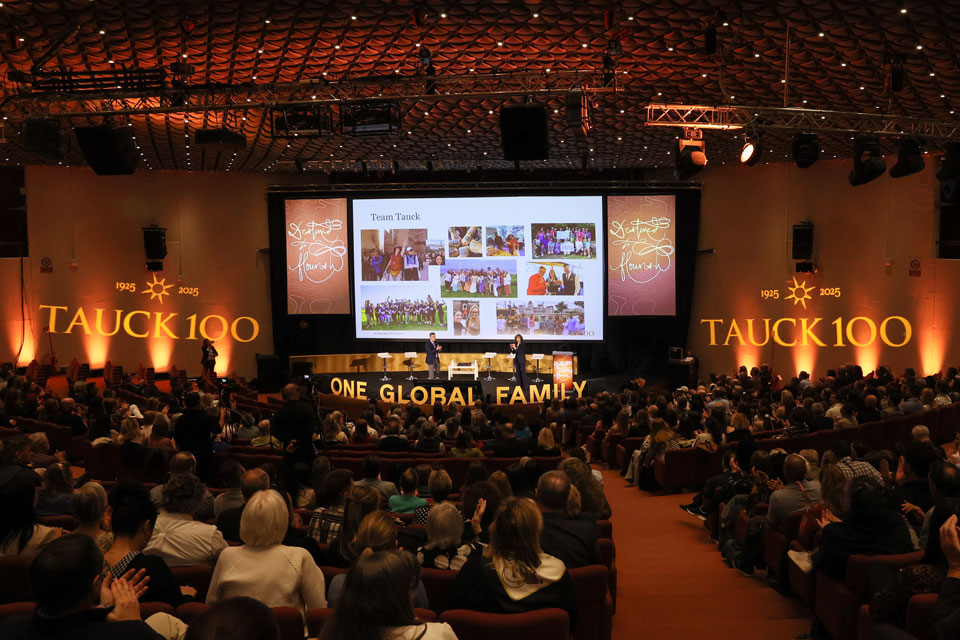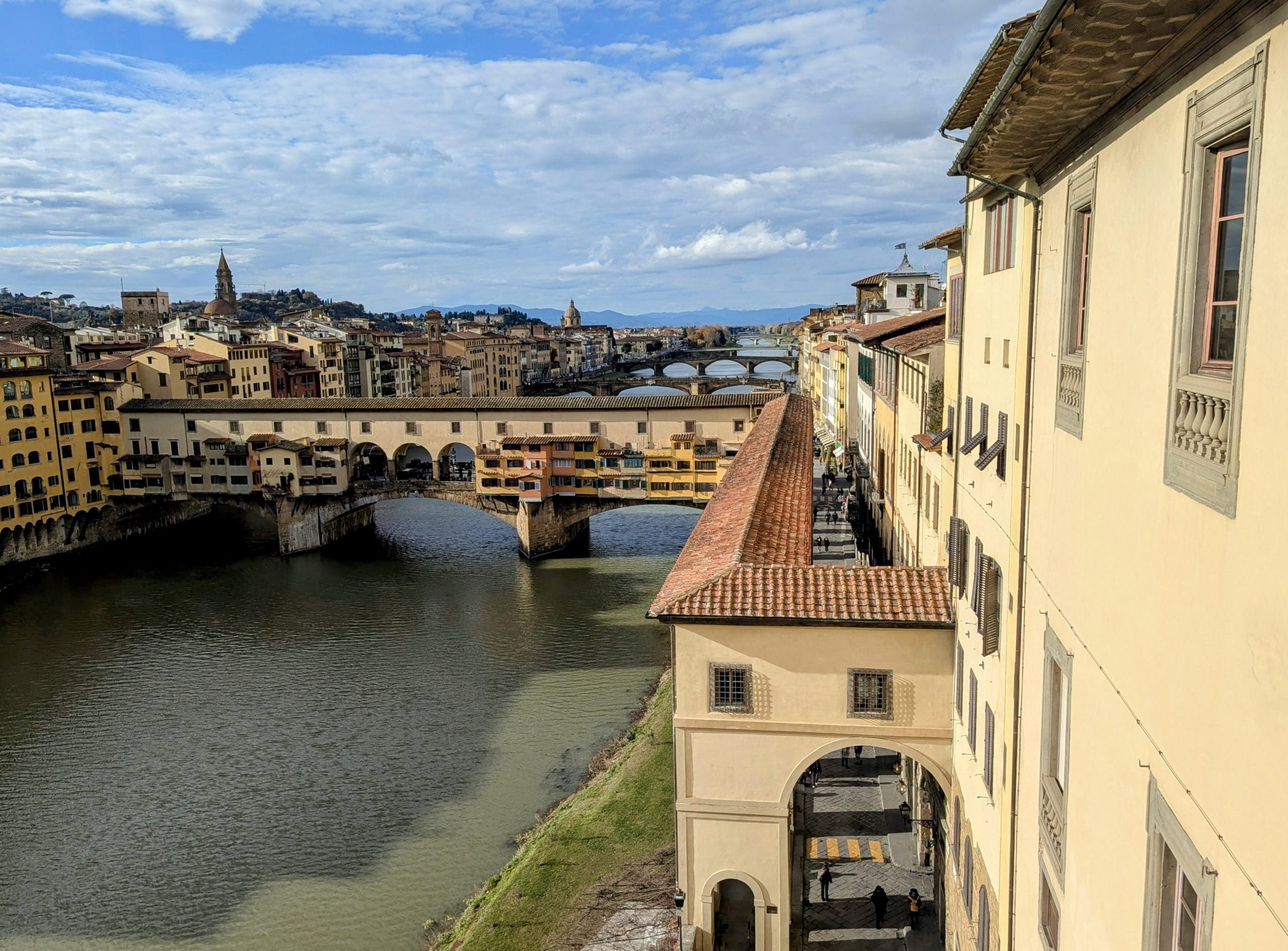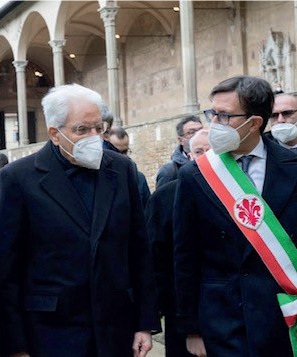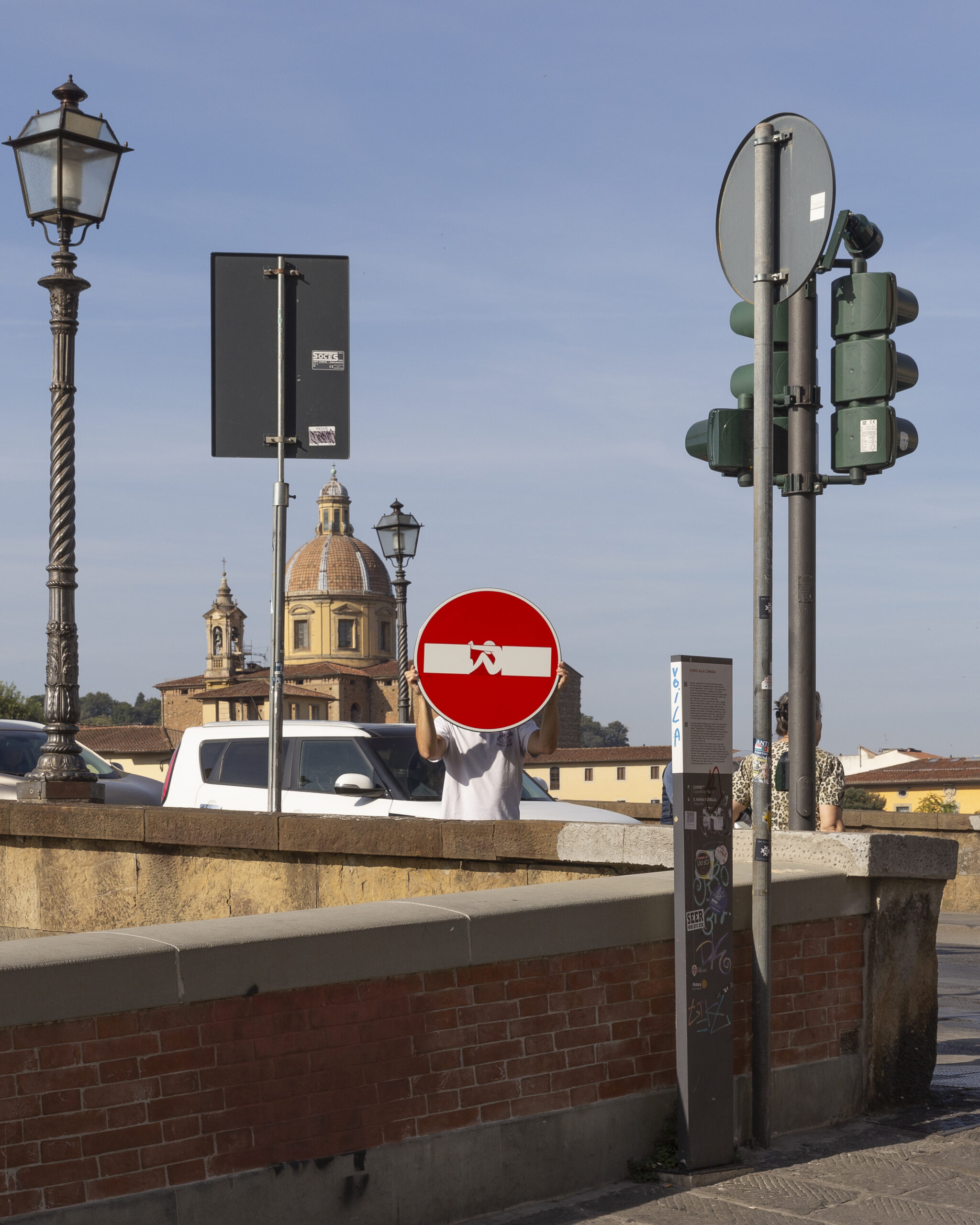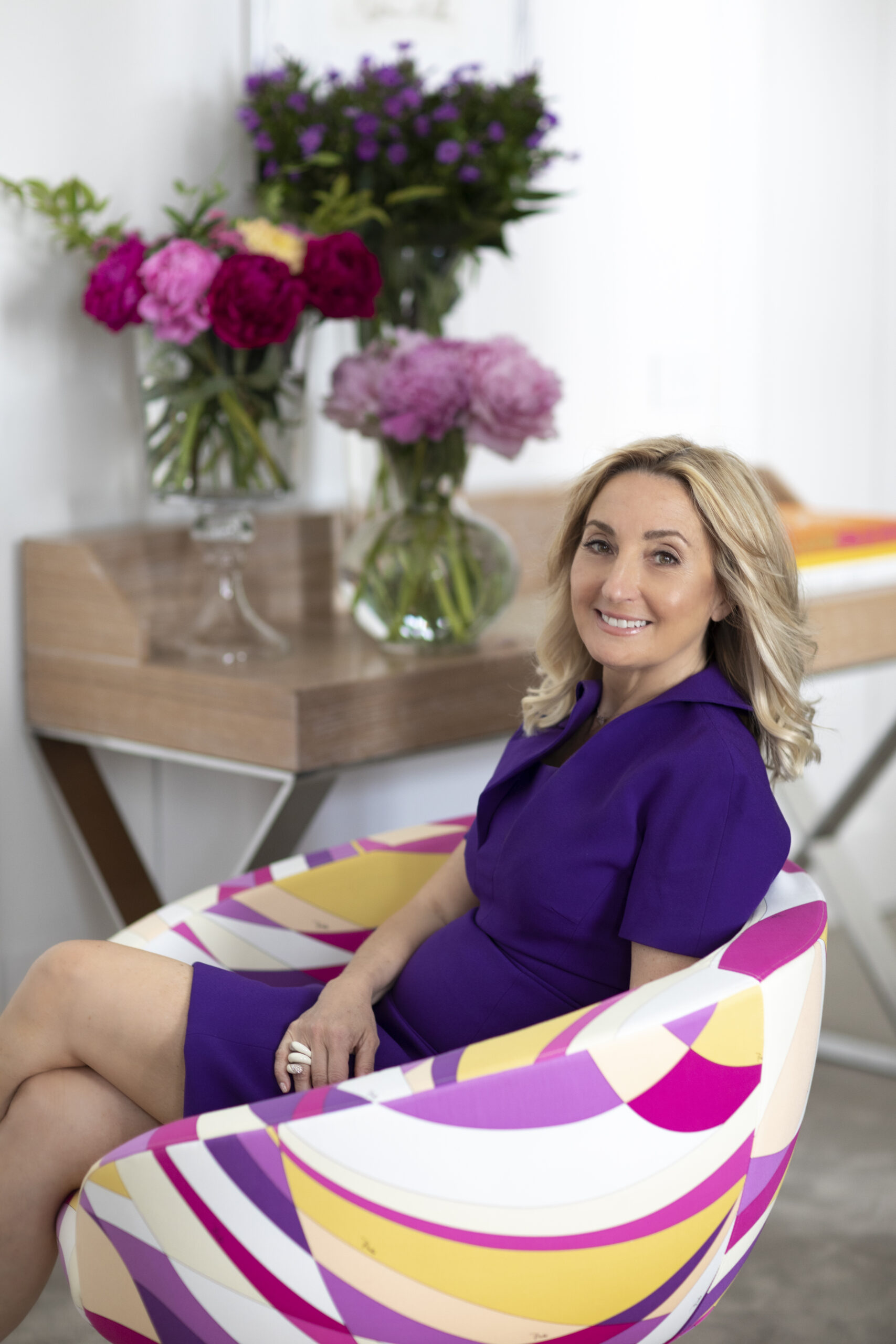Peace and cooperation through diplomacy were the timely common goals at the center of the forum, with topics such as public health, cultural development, migration, the environment and intercultural relations among those addressed. Pope Francis had been expected to visit but was forced to cancel based on medical advice. North Africa, the Middle East, Greece, the Balkans, France and Spain were among the countries represented, coming together in the Renaissance city on the significant occasion both for Florence and for the cities represented.
A welcome dinner was held at Villa Bardini on February 24 for the Mayors of Mediterranean countries, with addresses given by president of Fondazione CR Firenze Luigi Salvadori, mayor of Florence Dario Nardella, president of the Tuscan Regional Council Eugenio Giani, prefect Valerio Valente, commissioner Maurizio Auriemma, and the president of the University of Florence Alessandra Petrucci. Over fifty years ago, Giorgio La Pira, who was then mayor of Florence, organized and hosted the Conference of the Mayors of Capital Cities, launching events from the same panoramic point in a symbolic reflection on the themes – both then and now – that occupy political and religious leaders. La Pira was a point of reference and inspiration throughout the evening, with the ongoing, and currently heightened, need for persistent endeavors towards peace the focal point over the evening and the three days of events that followed.
Significantly, the Florence Charter was signed by Mayor Dario Nardella and Cardinal Gualtiero Bassetti in Palazzo Vecchio on February 26, setting among its objectives the need to promote education and dignity. To this end, Romano Prodi, former president of the European Commission, introduced the idea of establishing a University of the Mediterranean, with campuses in different cities. Speeches were given by Audrey Azoulay, director general of UNESCO, and Filippo Grandi, United Nations High Commissioner for Refugees.
“We will seize the opportunity of the Florence Charter as a declaration of peace and take it into our schools and talk about it with our children,”
concluded Nardella. Over the course of the meetings, the bishops and mayors noted
“the benefits that come from intensifying collaboration in their cities in order to preserve justice, strengthen brotherhood and respect for all citizens and cultural and religious communities present there, also through the valorization of sister cities and dioceses”
, details the Florence Charter. The fruitful talks led to an agreement on ideals and values
“to inspire them in their future journey, decrease discrimination and violence and open horizons of hope for young generations”.
